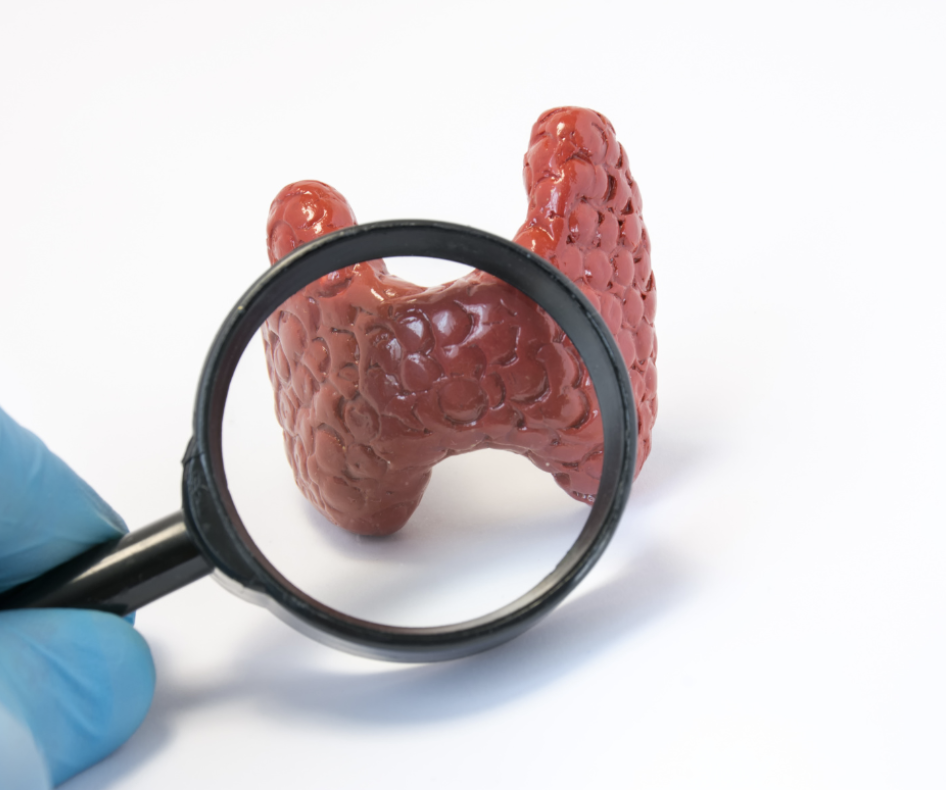Understanding the Significance of Your Thyroid: Why You Should Pay Attention
Did you know that the little butterfly-shaped gland in your neck, also known as the thyroid, plays a significant role in your overall health and well-being? A properly-functioning thyroid gland is responsible for regulating hormones that influence vital functions like heart rate, metabolism, and digestion. However, many people tend to overlook the importance of this gland until something goes wrong. In this blog, we will discuss the significance of your thyroid gland and why you should pay attention to it.

1. Regulation of hormones: The thyroid gland is responsible for producing two hormones, thyroxine (T4) and triiodothyronine (T3), which regulate the body’s metabolism, heart rate, and digestion. These hormones affect almost every tissue in the body, and if there is an imbalance in their production, it can lead to a range of issues like weight gain, slowed heart rate, and digestive problems. So, if you’re experiencing any of these symptoms, it’s essential to get your thyroid checked.

- Thyroid disorders: There are two common thyroid disorders that affect the proper functioning of the gland. Hypothyroidism is when the gland isn’t producing enough thyroid hormones, leading to fatigue, weight gain, and hair loss. On the other hand, hyperthyroidism is when the gland is producing too much thyroid hormone, causing weight loss, anxiety, and rapid heartbeat. These disorders can be caused by various factors like genetics, nutritional deficiencies, and autoimmune diseases.

- Gender and age: Women are more likely to develop thyroid disorders than men, and the risk increases with age. In fact, it’s estimated that around 20 million Americans have some form of thyroid disease, with women over the age of 60 being more susceptible. So, if you’re a woman over the age of 33, it’s essential to keep an eye on your thyroid health.

- Diagnosis and treatment: If you suspect you have a thyroid disorder, your doctor can diagnose it through a series of blood tests and physical examinations. Treatment options depend on the type and severity of the disorder and can range from hormone replacement therapy to surgery. However, early diagnosis and treatment are crucial to prevent long-term health problems.

5. Lifestyle habits: While genetics and age are uncontrollable factors that can affect thyroid health, certain lifestyle habits can help maintain a healthy thyroid gland. These include maintaining a healthy weight, avoiding tobacco and excessive alcohol consumption, and reducing stress levels. Additionally, incorporating iodine-rich foods like seaweed, dairy, and eggs can support thyroid function.

Your thyroid gland plays a vital role in regulating hormones that affect multiple aspects of your health. It’s essential to pay attention to any changes in your body and get your thyroid checked if you suspect a problem. Maintaining a healthy lifestyle and incorporating iodine-rich foods can support your thyroid function. Remember, prevention is always better than cure, so take care of your thyroid gland, and it will take care of you.



